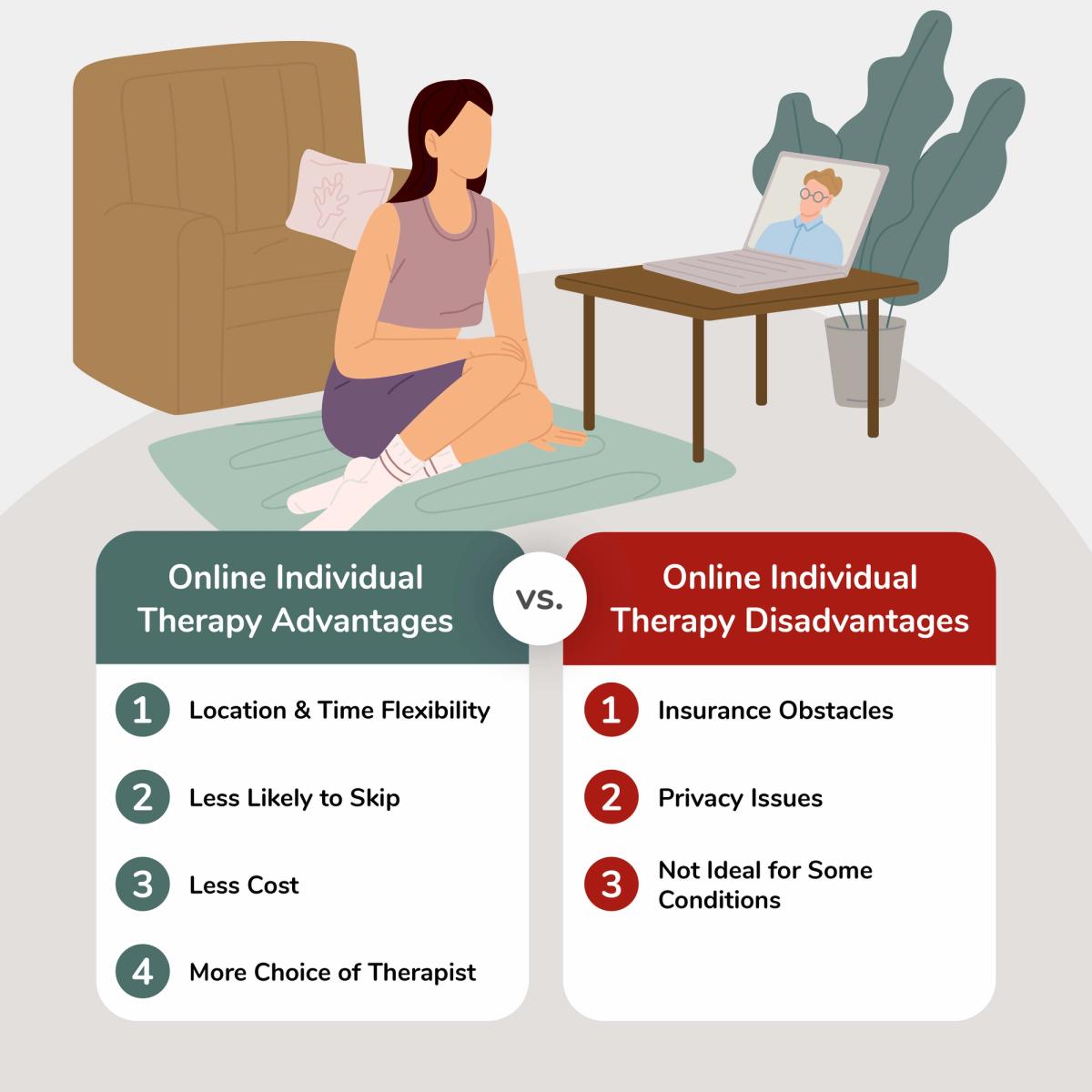The complete guide to Individual Therapy Toronto for youth and adolescents
Wiki Article
Recognizing the Importance of Mental Therapy for Adolescent Development and Health And Wellness
Psychological therapy plays a vital function in the growth and health of young adults. It attends to a range of mental health issues that can impede their development. Via treatment, teens can learn vital coping methods and improve their psychological intelligence. This procedure cultivates durability, enabling them to much better navigate life's challenges. Several still wait to engage in discussions concerning psychological health and wellness. Exploring the reasons behind this reluctance discloses deeper understandings into the teenage experience.The Effect of Adolescent Mental Health And Wellness on Overall Advancement
The interplay in between adolescent mental health and total advancement is profound and complex. Throughout the essential phase of adolescence, people undertake substantial physical, psychological, and social changes that shape their identity and future. Psychological health plays a crucial role in this procedure, influencing academic efficiency, connections, and self-worth. Positive psychological wellness fosters durability and adaptability, making it possible for teens to browse challenges successfully. On the other hand, psychological health concerns can impair cognitive functions, disrupt social interactions, and impede psychological guideline, resulting in a waterfall of developing setbacks.Additionally, the environment in which teens expand-- encompassing household dynamics, peer influences, and societal expectations-- interacts with their psychological health, more complicating their developing trajectory. Understanding the value of mental health in this phase is crucial for advertising healthy and balanced advancement and ensuring that adolescents can thrive, both throughout their formative years and past. Focusing on mental health support can considerably boost their total development and future possibility.
Usual Mental Health Issues Dealt With by Teenagers
While navigating with the complexities of teenage years, many teenagers encounter a variety of mental health problems that can considerably impact their lives. Stress and anxiety conditions prevail, typically defined by too much fear or anxiety that disrupts daily activities. Anxiety is another usual concern, manifesting as consistent sadness, loss of passion, and problem in operating. In addition, behavioral problems, such as opposite defiant disorder, can cause disputes with authority numbers and a battle to abide by social norms. Consuming disorders, including anorexia nervosa and bulimia, might occur as teenagers face body picture and social stress. Lastly, material abuse can develop as a misdirected effort to deal with emotional distress. These psychological wellness challenges, if unaddressed, can prevent academic efficiency and interpersonal relationships, emphasizing the need for understanding and support within this at risk age group.
The Duty of Therapy in Building Coping Techniques
Treatment plays a significant function in outfitting teens with effective coping methods to browse their psychological health obstacles. Through structured sessions, therapists aid adolescents determine and recognize their feelings, promoting self-awareness. By making use of different methods such as cognitive-behavioral therapy, teens discover to test unfavorable idea patterns and replace them with constructive ones. This process enables them to establish healthier feedbacks to stressors.Additionally, treatment supplies a risk-free atmosphere for teens to exercise these approaches, facilitating the change from concept content to real-life application. have a peek at this website Role-playing and situation evaluation enable them to rehearse coping mechanisms in a supportive area. As teenagers face one-of-a-kind stress-- scholastic needs, social dynamics, and identification exploration-- having actually individualized coping techniques becomes necessary. Eventually, therapy not just addresses instant problems yet likewise imparts long-lasting abilities that make it possible for teenagers to manage future obstacles, promoting general psychological wellness and resilience in their advancement.
Cultivating Durability and Emotional Knowledge With Therapy
Exactly how can treatment nurture strength and emotional knowledge in teens? Therapy supplies a risk-free environment where teens can explore their ideas, behaviors, and feelings. Via directed tasks and discussions, specialists help teens identify and recognize their feelings, promoting psychological understanding. This awareness is a keystone of emotional intelligence, allowing them to feel sorry for others and take care of social connections effectively.In addition, therapy outfits teenagers with devices to browse life's challenges, advertising strength. By dealing with previous traumas, frustrations, and stress factors, they find out to develop coping devices that empower them to face hardship. Therapists usually motivate goal-setting, which infuses a feeling of objective and accomplishment.
As teens practice these skills in treatment, they become extra skilled at taking care of setbacks and uncertainties (Individual Therapy For Teens). Inevitably, this nurturing of resilience and psychological knowledge prepares them for the intricacies of grown-up life, boosting their general psychological wellness and health

Encouraging Open Dialogue Concerning Mental Health And Wellness in Teenagers
What techniques can properly cultivate open discussion regarding psychological health among teenagers? Developing a helpful and risk-free environment is fundamental. Parents and educators must urge conversations by normalizing conversations about mental health, stressing that it is a substantial facet of overall well-being. Energetic listening plays a vital duty; adults should be alert and non-judgmental when teens share their problems or sensations.Incorporating psychological health education right into college educational programs can additionally help with open dialogue. Workshops, peer support system, and mental health and wellness recognition projects can empower teenagers to express themselves extra these details openly. Additionally, utilizing social media sites platforms can be valuable, as they are usually where teens feel most comfy interacting. By fostering an ambience of depend on and openness, adults can help young adults comprehend that discussing mental wellness is not only appropriate but essential for their development and psychological health and wellness.
Frequently Asked Concerns
Just How Can Parents Recognize Indications of Mental Wellness Issues in Teenagers?
Parents can acknowledge signs of psychological health problems in teens by observing changes in actions, mood swings, withdrawal from activities, decreasing scholastic performance, adjustments in sleep or hunger, and sharing feelings of pessimism or stress and anxiety.What Kinds of Treatment Are Most Efficient for Teens?
Cognitive Behavior Modification (CBT), Dialectical Behavior Treatment (DBT), and team treatment are among one of the most reliable kinds for teens. Individual Therapy For Teens. These methods promote coping abilities, psychological regulation, and offer peer assistance, important for teen psychological wellnessJust How Can Treatment Support Academic Performance in Teenagers?

What Should Teenagers Expect During Their First Treatment Session?
Throughout their initial treatment session, teenagers can anticipate an inviting atmosphere, an introduction to the specialist, discussions regarding their worries, and developing goals (Individual Therapy Toronto). Privacy and the therapeutic process will certainly likewise be discussed to foster comfort and trustJust How Can Young Adults Discover a Therapist That Fits Their Needs?
Teenagers can locate a suitable specialist by seeking referrals from relied on grownups, researching on-line directories, considering specializeds, and organizing preliminary assessments to assess compatibility and interaction styles, ultimately ensuring an encouraging restorative relationship.
Report this wiki page